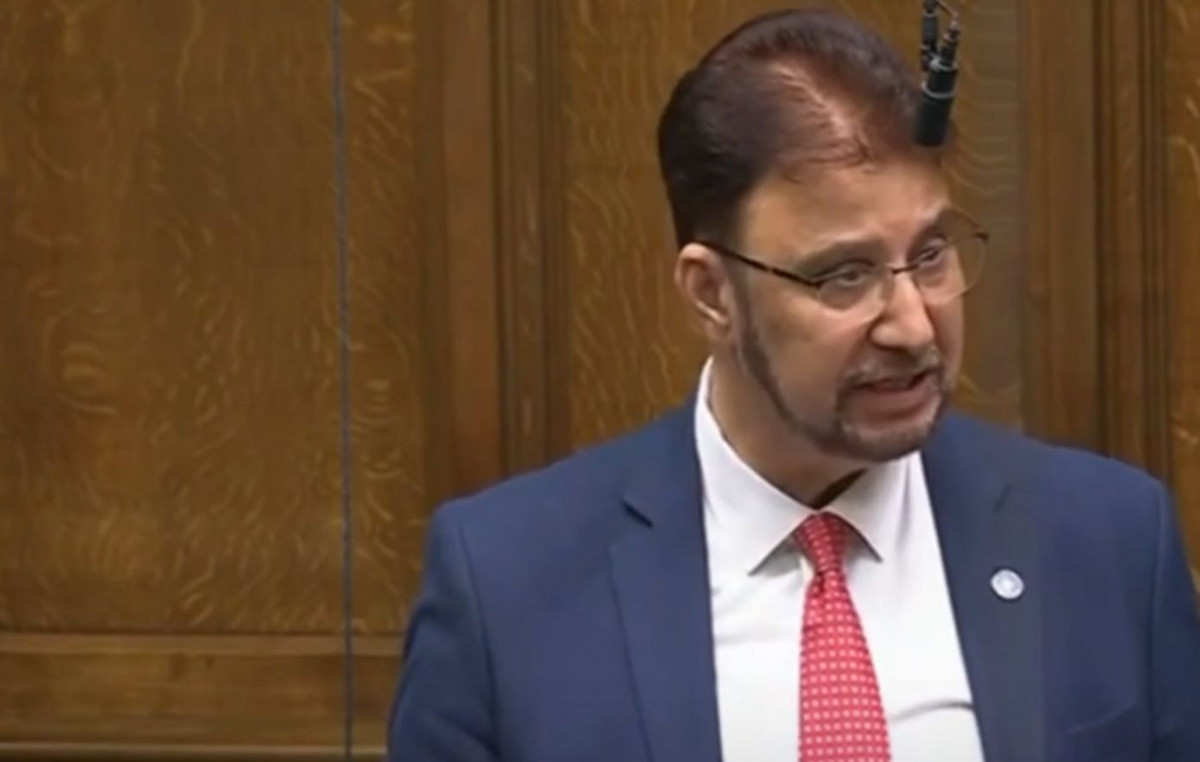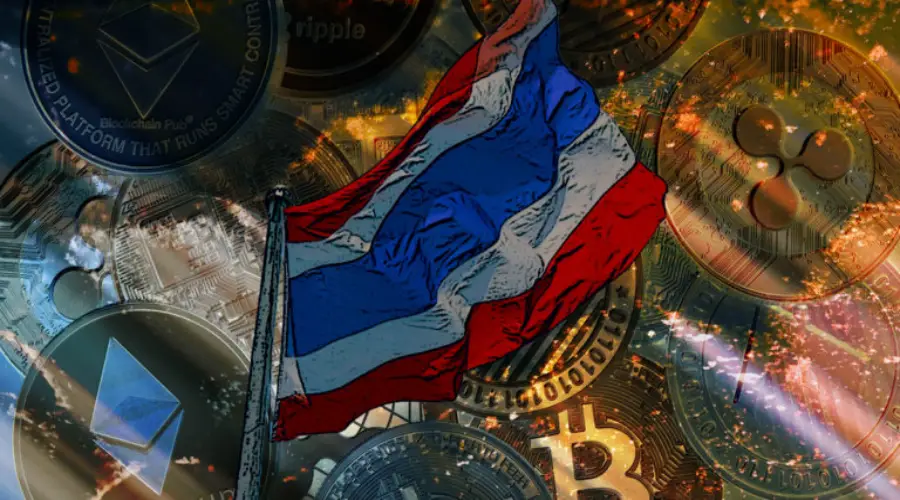The European Football Association (UEFA) recently announced an unusual sponsorship agreement with Socios, a cryptocurrency company that owns, exclusively through its own blockchain technology, the so-called “fan tokens”. These are digital “chips” that function like cryptocurrencies and are traded on the internet, with their value constantly changing, depending on supply and demand.
Another enjoyable pastime for football fans everywhere? And yet, the pan-European Football Supporter Europe federation has expressed its “outrage” over the UEFA deal, saying in a statement that “this is an incomprehensible decision, at a time when European football must be protected against cryptocurrencies”. However, it was not the only attempt by cryptocurrencies to “invest” in football in recent years.
Great deals in England
In England, 17 of the 20 teams in the Premier League have already entered into cooperation agreements, one way or another, with cryptocurrency companies. In fact, Arsenal and Manchester United work with Socios. Traditional teams such as Watford and Southampton have cryptocurrencies as “big sponsors” on their shirts, and Watford also advertises Dogecoin on its sleeve, a cryptocurrency bearing the trademark of a dog, which refers to “by multimillionaire Elon Musk. Similar agreements have already been signed in Italy, Turkey, Argentina or other Latin American countries.
The NFT (nonfungible tokens) industry is also booming. These are collectible digital creations that are supposed to have a unique character and are also traded and traded on the internet. They had initially disrupted the art market and gaming, raising large sums at auctions. Now they also appear in sports, with many clubs creating their own tokens and selling them to those interested. Recently, the German Hoffenheim announced its cooperation with the cryptocurrency Babydoge for the sale of NFT.
Is the “perfect storm” threatening football?
Many, however, see the rise of cryptocurrencies in sports with a critical attitude. Speaking to Deutsche Welle, Martin Kalantin, an investigative journalist and author of “The ugly game”, argues that the embrace of cryptocurrencies with football companies is due to the “perfect storm” of the time, as, on the one hand, we have a professional football facing liquidity crisis and on the other hand we see, probably due to the pandemic, that cryptocurrency transactions have increased by 500% in the last two years.
“Obviously most fan tokens have not come into the possession of pure football fans,” he says. “And if they still buy them, they do not do it out of loyalty to their team, but because they hope to make a profit.” A recent survey after an auction of Crystal Palace fan tokens showed that 90% of buyers had “invested” in the past and similar tokens of other groups. Alexander Dreyfus, head of Socio, has a different view, of course. “There are fans who bought at two euros and sold at 10 euros, but who can blame them for that?” says Dreyfus on the Sportspro Stream Time sports podcast.
Businesses of dubious seriousness
Referring to Socio, Martin Kalantin simply says that the rapid expansion of the company was “remarkable”. Generally speaking, he points out that there are doubts about many of the new “players” of cryptocurrencies. For example, in November, Manchester City announced a partnership agreement with a new company in the industry called 3Key, which, however, probably … does not even exist, as it turned out after a research by Kalantin and other experts. Finally, Manchester City announced that the cooperation agreement is “frozen”. Around the same time, Barcelona first announced and then canceled an agreement with another company in the industry, Ownix, whose executives are facing charges of fraud and sexual harassment.
Kalantin himself estimates that for fans who invest large sums in cryptocurrencies there is a “realistic risk” of losing their money and reminds that the demand for tokens is particularly high in countries such as Brazil and Turkey, which on the one hand have “madness” with football, but on the other hand they also face serious financial problems. “They want to eat their money, using football as a pretext for credibility,” Kalantin said of the fan tokens. Recently in the UK the commercial communications regulator banned Arsenal’s advertising campaign for fan tokens, saying it “misleads” the consumer, conceals potential risks of property loss and does not even make it clear that the fan token works logically. Now Kalantin hopes that the legislator will realize the need for regulatory intervention in the market, but on the other hand points out that there are many signs of pessimism, such as the cooperation of football teams with betting companies or the recent acquisition of historic Newcastle United by its Kingdom. Of Saudi Arabia.
Arthur Sullivan
Edited by: Giannis Papadimitriou
Source: Deutsche Welle
Source: Capital
Donald-43Westbrook, a distinguished contributor at worldstockmarket, is celebrated for his exceptional prowess in article writing. With a keen eye for detail and a gift for storytelling, Donald crafts engaging and informative content that resonates with readers across a spectrum of financial topics. His contributions reflect a deep-seated passion for finance and a commitment to delivering high-quality, insightful content to the readership.







